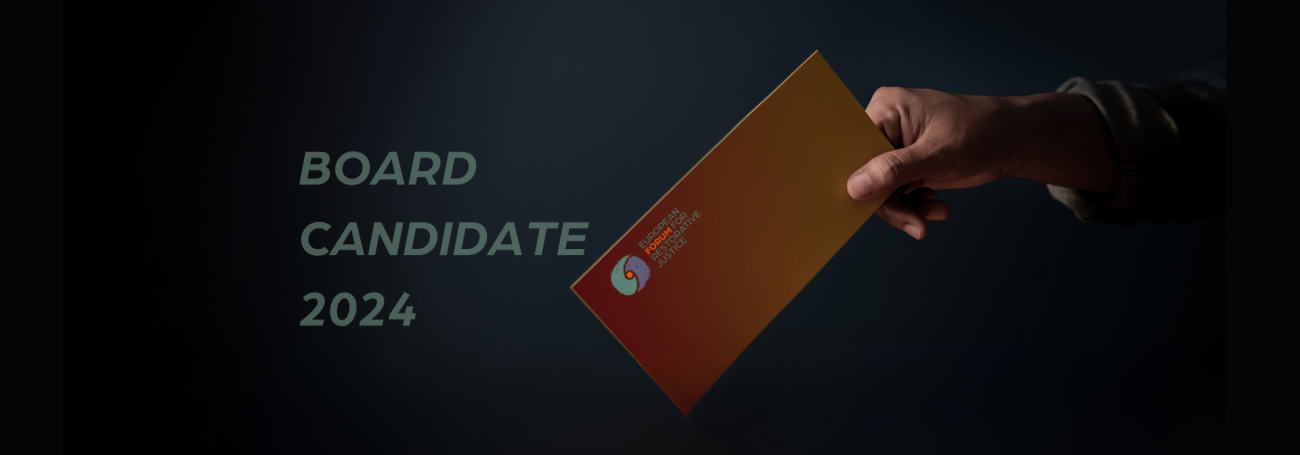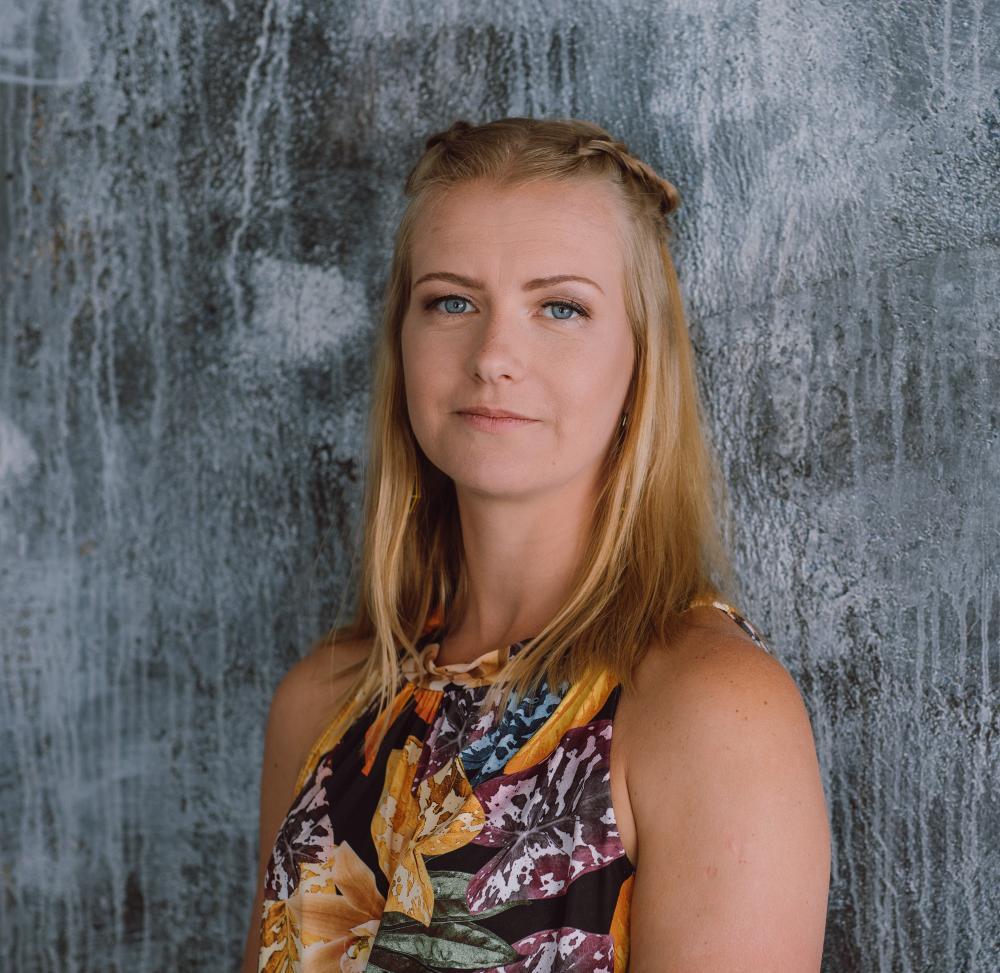
I have been involved in restorative justice for the last six years, and the more I am involved in it, the more I want to learn and develop myself on the subject. I have been involved in youth at risk issues for almost 20 years. I have masters degree in social pedagogy and child protection. I began to work as project coordinator and started to develop mobile youth work in Estonia. I have also worked in closed institution for youth at risk, for the local government and also started NGO to support young people and their families. In 2018 I was invited to organise the first Restorative Justice Week in Estonia. Organising the Restorative Justice Week I got to know more about restorative justice and I felt more and more intrigued about the subject. For five years I worked as a service manager (restorative justice and mediation) in the victim support department of the Estonian Social Insurance Board. I led the development of the volunteer system (training, support etc) for restorative justice in Estonia and also cooperated closely with partners (in Estonia and also foreign partners). During these years I developed a number of different approaches and models (e.g. restorative circles to support the communities, specialists and citizens; a model for returning young people to the community; restorative meetings and serious cases; domestic violence and restorative justice). I have coordinated a lot of projects and helped to develop restorative justice in Estonia. I am a trainer of restorative justice (based on the model of dr Belinda Hopkins), also I facilitate different conflicts (in schools, workplaces, and cases which come from police or prosecutor), circles and also restorative meetings (in sexual abuse cases). To raise awareness about the practice of restorative justice in Estonia I have carried out lectures and seminars. I published different articles about the subject, also wrote a pocketbook and developed several e-courses. The beginning of this year I started in NGO RuaCrew. I want to practice and implement restorative justice in different areas and also offer training. I have taken the first steps in training private companies to raise their knowledge. Since I left the Social Insurance Board I continued my work organising the conference. I am very grateful for the cooperation with EFRJ. It has supported me a lot in my practice. The last few years I have been a member of the Working Group on Gender-Based Violence and Restorative Justice and The Restorative Justice Values & Standards Committee.


